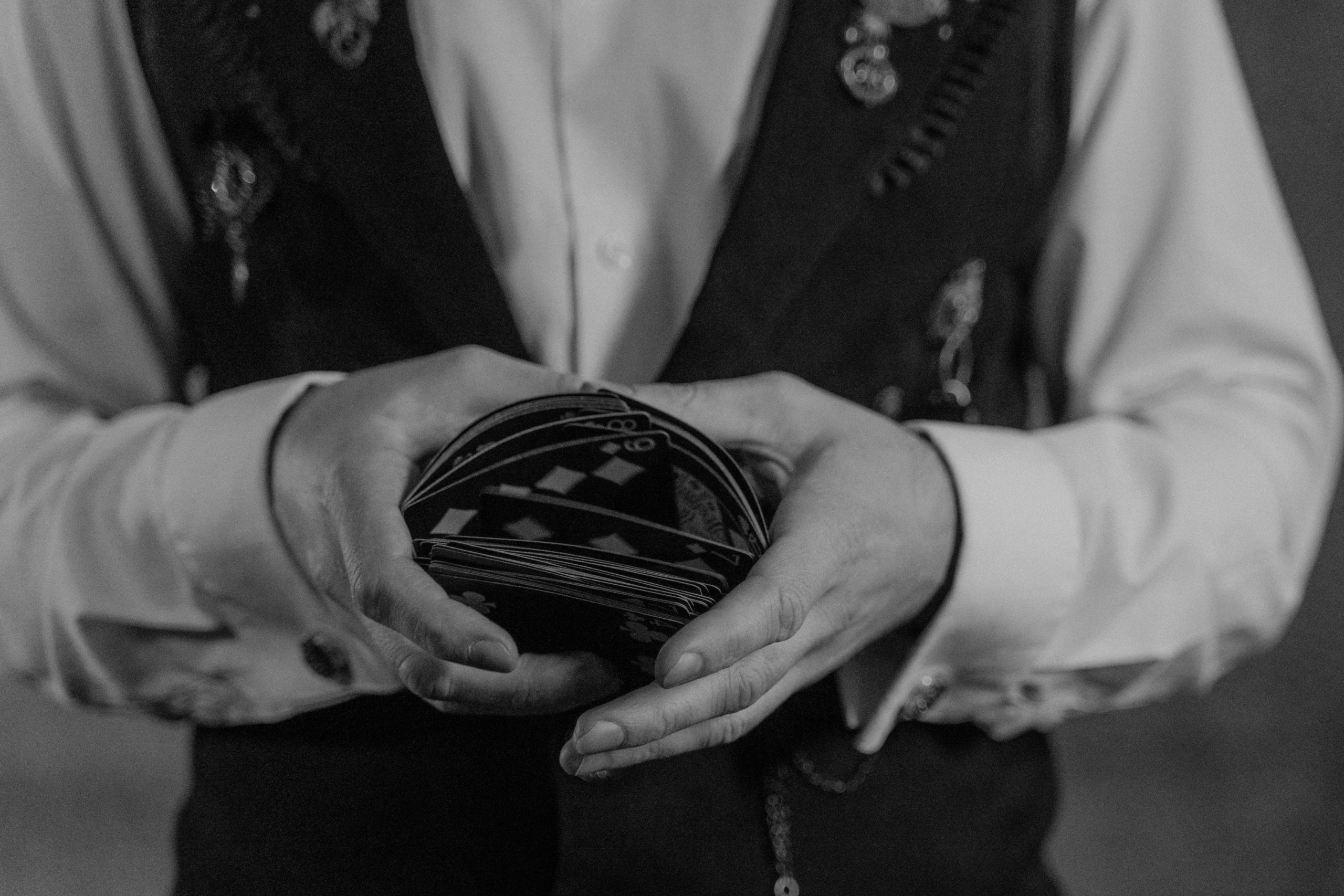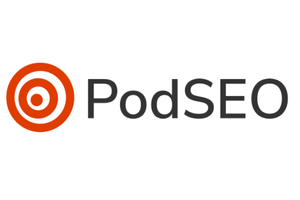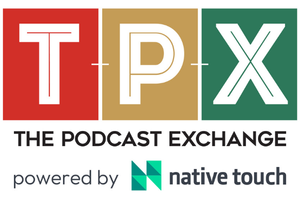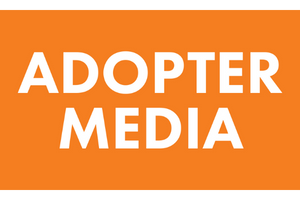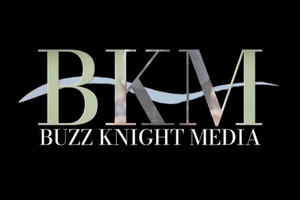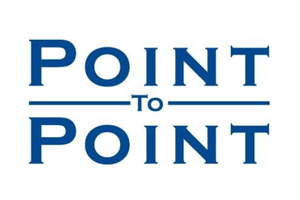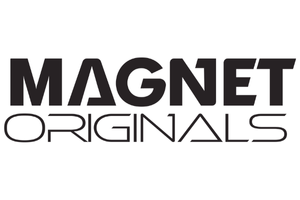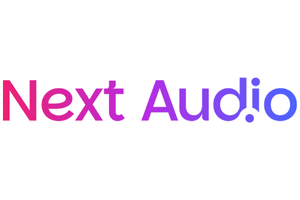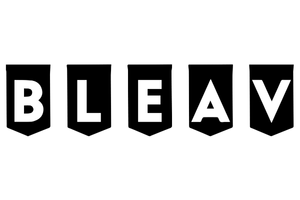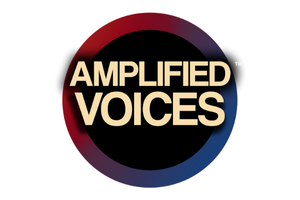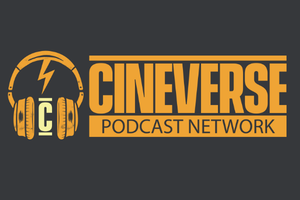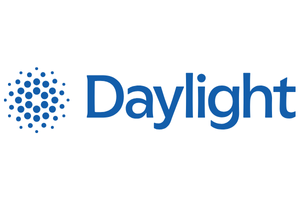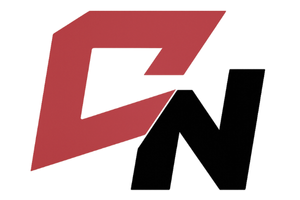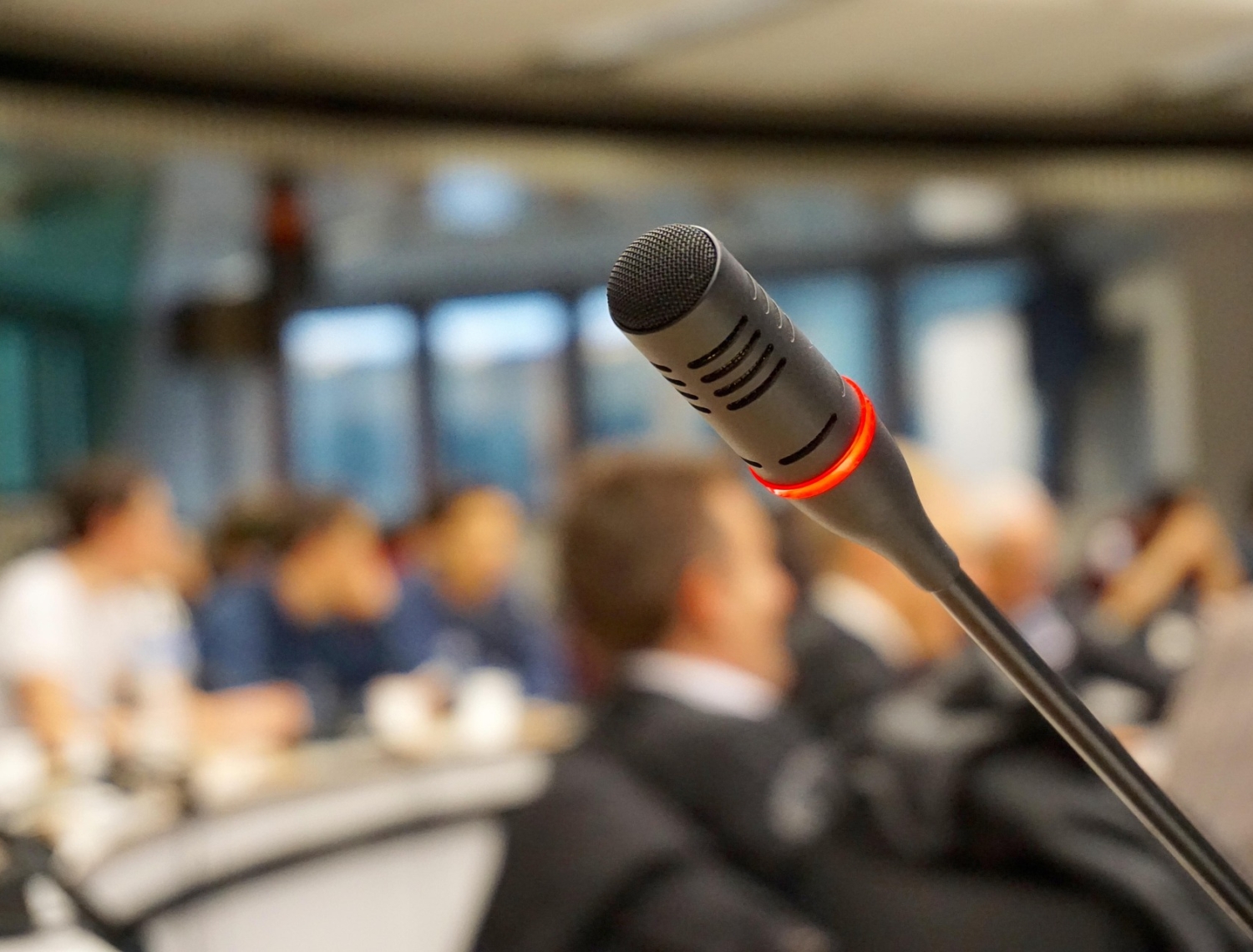Mark Your Calendars! Wednesday, July 30th, at 2:00 p.m. EST Tom Webster will host a presentation of the latest section of The Advertising Landscape data. Driving to Action examines how podcast audiences actually respond to advertising in comparison to other digital and traditional channels. Findings that challenge conventional assumptions about podcast ad performance, promo response rates, and word-of-mouth generation. Registration is open now.
Last week, my wife and I spent 8 days in Torino, Italy, devouring truffles and Barolo and even a little magic. This year’s excuse for our seemingly annual trip to Italy was the FISM World Championships of Magic, a week-long event held every three years to celebrate the mystical arts, mingle with the greatest sorcerers on the planet, and (of course) protect the Time Stone from Thanos.
One of the real highlights for me was attending a lecture from Mac King, who for 20 years running has starred in his own one-man show in Las Vegas. Besides being the longest-running one-human show in history there, his show is also one of the few afternoon performances you can catch in Vegas, and I HIGHLY recommend doing so if you are ever there for a conference or even just a regrettable gambling binge. His show is a finely-tuned jewel – a complete narrative arc in 80 minutes from a man who is easily the greatest comedy magician in the English language.
I grew up a fan of magic from a very young age, and I always remember the magic specials on TV would often feature Mac doing short comedy routines for showgirls and tourists as little “vignettes” between the big stage performances (I remember Robert Urich hosting a bunch of these. Pour one out for Spenser). I put a giant star next to his lecture on the event program, not because I wanted to learn any of his magic, but because I wanted to learn how he does what he does, 500 times a year, and manages to pull off a spectacular show every time. Luckily, it was one of the first questions he was asked in his lecture.
“How do you always seem so fresh?” was nearly the first question asked by a packed house of magicians and the magic-adjacent (me). “I seem fresh because I am fresh, every show,” he explained. And then he gave the secret, and I think it’s a secret that any podcaster would do well to contemplate in their own daily, weekly, or even monthly process.
Mac generally performs the same effects, show after show, in the same order. Not only has he been doing that for the 20 years of his Vegas residency, he has been doing some of those effects for 50 years, since he was a teenager in western Kentucky. You might think that this would be incredibly boring for a performer like Mac, but the benefit of doing the same effects for decades is that he can literally do them blindfolded. He’s not gonna mess up the magic. This means he can put his full concentration on the thing that DOES change every show: the audience.
Audience participation is a huge part of his show, and what makes it work AND keeps him fresh is that Mac is fully present in every moment of the show, and intently LISTENING to his audience participants. Listening is not waiting for the other person to finish talking so you can get on with your card trick. Listening is focusing your intent on receiving and understanding what is being communicated with you, and working with that – not fumbling with a deck of cards.
Mac works very hard on actively listening to every participant he invites on stage, learning their names and using them as callbacks in later parts of the show. And as someone who speaks in front of live crowds a fair amount (certainly not even close to what Mac does in even a week), I can tell you what Mac knows in his bones: everything the audience gives you is a gift, even the mistakes. If your intent is pure, you actively listen to your audience, and you treat them with the kind of respect you’d want to be treated with, every single thing is a gift that keeps your “act” fresh, whatever your act is.
For podcasters, I think one of the best ways to make use of this bit of wisdom is to continually find ways to engage with an audience, even if it isn’t in the context of your show itself. If your show has a live component on YouTube or another platform, that means doing more than just hurriedly reading people’s comments aloud and then moving on with what you were going to say anyway – it means being present and engaging with the content of those comments, even asking for listeners/viewers to clarify or follow-up on their thoughts. If your show does not have this live component, you can still find ways to create live chat events that happen outside the show, and work those elements into your recordings.
The key, as Mac reiterated, is presence. That means getting out of your head as much as you can, abandoning your “silent script” for a few moments, and really going where the audience takes you. I don’t do a live podcast these days, but when I speak in front of crowds, I learned a long time ago that nobody knows what my “script” is except me. If a glorious accident happens on stage and I am still able to land my important point, it doesn’t matter to me if that means I didn’t use 10 slides I had prepared. What matters is that I did my job, landed the insight I intended to land, and stayed present in the moment with the audience. And I, too, can do a better job of incorporating that into my own podcasting, even if those wonderful interactions occur between recordings.
If you do not have a process or facility to have regular live interactions with your audience in some fashion, you are robbing yourself of what is truly a gift: the ability to continually reinvent and freshen a show without changing its core elements or benchmarks. Of course, this means mastering your craft in the same way that a magician masters theirs: relentless repetition of the core skills of podcasting, so that your mind is as open and facile as possible to be that present with an audience (and not worrying about your tech or outline).
The last thing I’ll pass along was a personal experience as the very fortunate audience participant in the great British wizard Luke Jermay’s lecture. Before he began (he is a very well-renowned mentalist, among other things), he put his hand on my shoulder and said “I promise you that I will not embarrass or harm you or make you uncomfortable in any way, and I will not allow the audience to, either.” That, my friends, is the MOMENT. It is the moment in any show or performance that involves audience input that says you are not the butt of the joke, you are not “content,” and you are not here to entertain others at your own expense.
It’s something I heard repeated in various ways from both Mac King and another of my longtime magical heroes, Michael Ammar, who reminded us that everyone is somebody’s mother or father. The more you get this in your bones, the more likely you will encourage the kind of participation that the very best podcasts elicit.
Everything your audience gives you is a great, great gift. Embracing this mindset will keep you fresh for years and years to come.
***
A brief note of self-congratulation: Sounds Profitable’s flagship study of the podcast audience, The Podcast Landscape, was recently awarded two prizes from the Content Marketing Institute, the longest-running and most prestigious such award in content marketing. We won the award for Best Data Storytelling, and we were one of five Finalists for Best B2B Content Marketing Program against some very stiff global competition. I am enormously grateful to our fantastic team, to our research partners for all three iterations of The Podcast Landscape, Signal Hill Insights, and to the sponsors of our research program who now have an even greater level of exposure outside of the marvelous little bubble we call podcasting.
The Data Storytelling prize was particularly meaningful for me, as it’s a practice I have been trying to hone for the 20 years I’ve been presenting data in podcasting and even a few years before that. Data without insight is trivia, and insight without a story is soon forgotten. Thank you for coming to the talks, downloading the reports, and more importantly using our data to make better decisions. I can’t wait to reveal the third iteration of this report (SOON!) and I appreciate everyone so much who has supported this project yesterday, today, and tomorrow.

